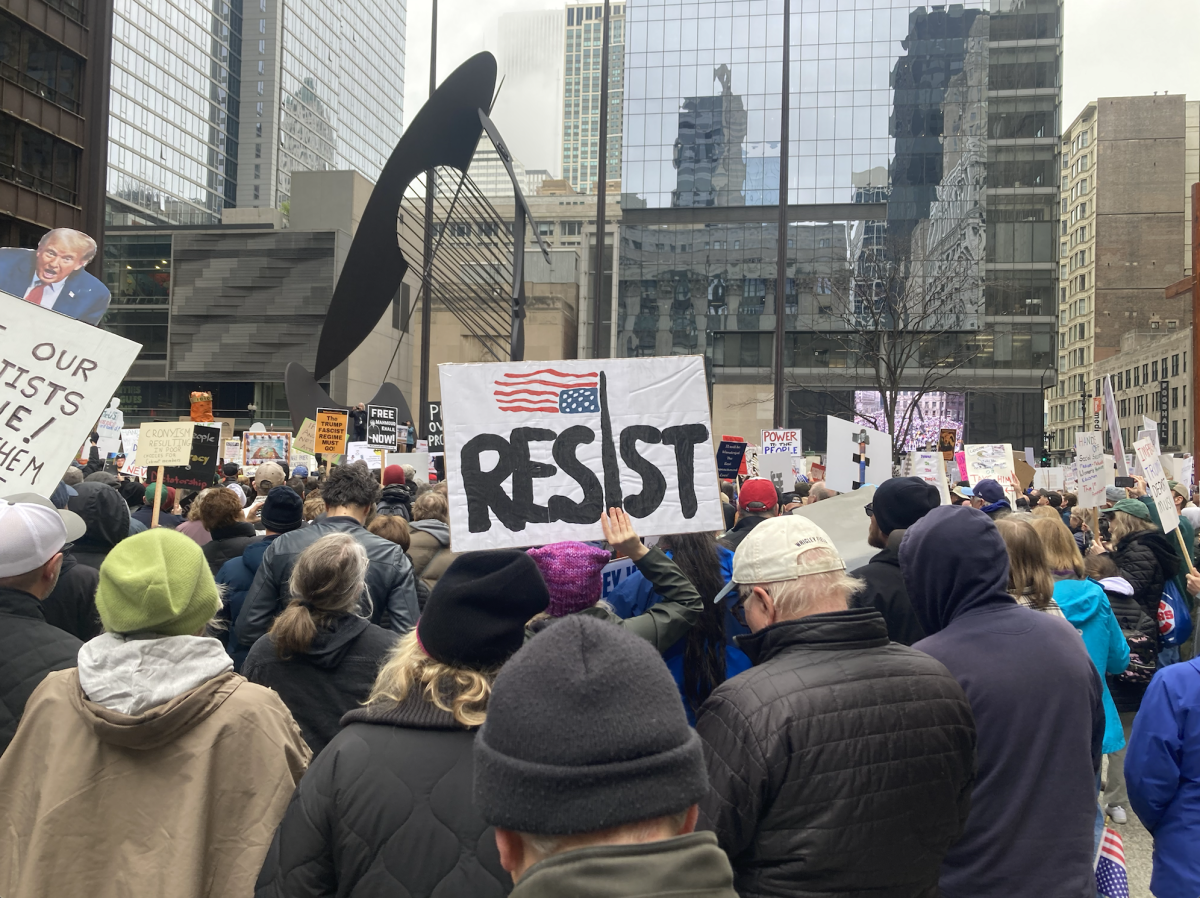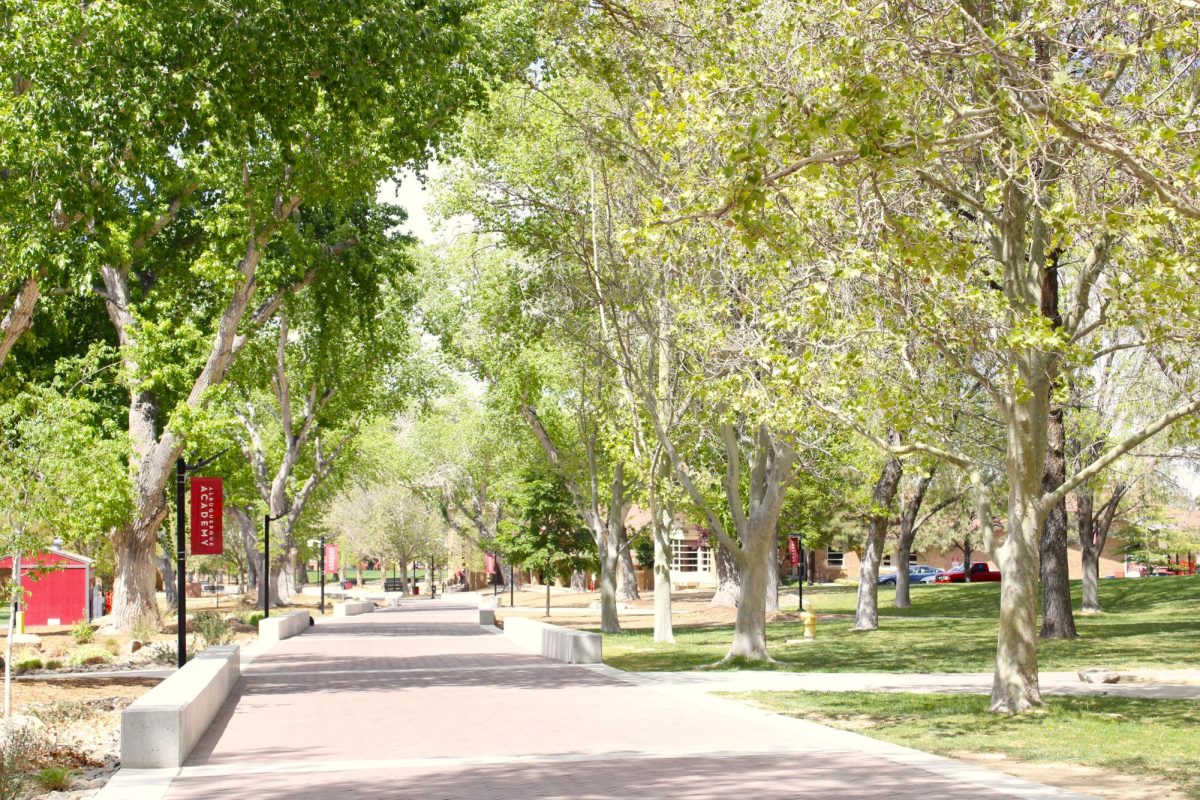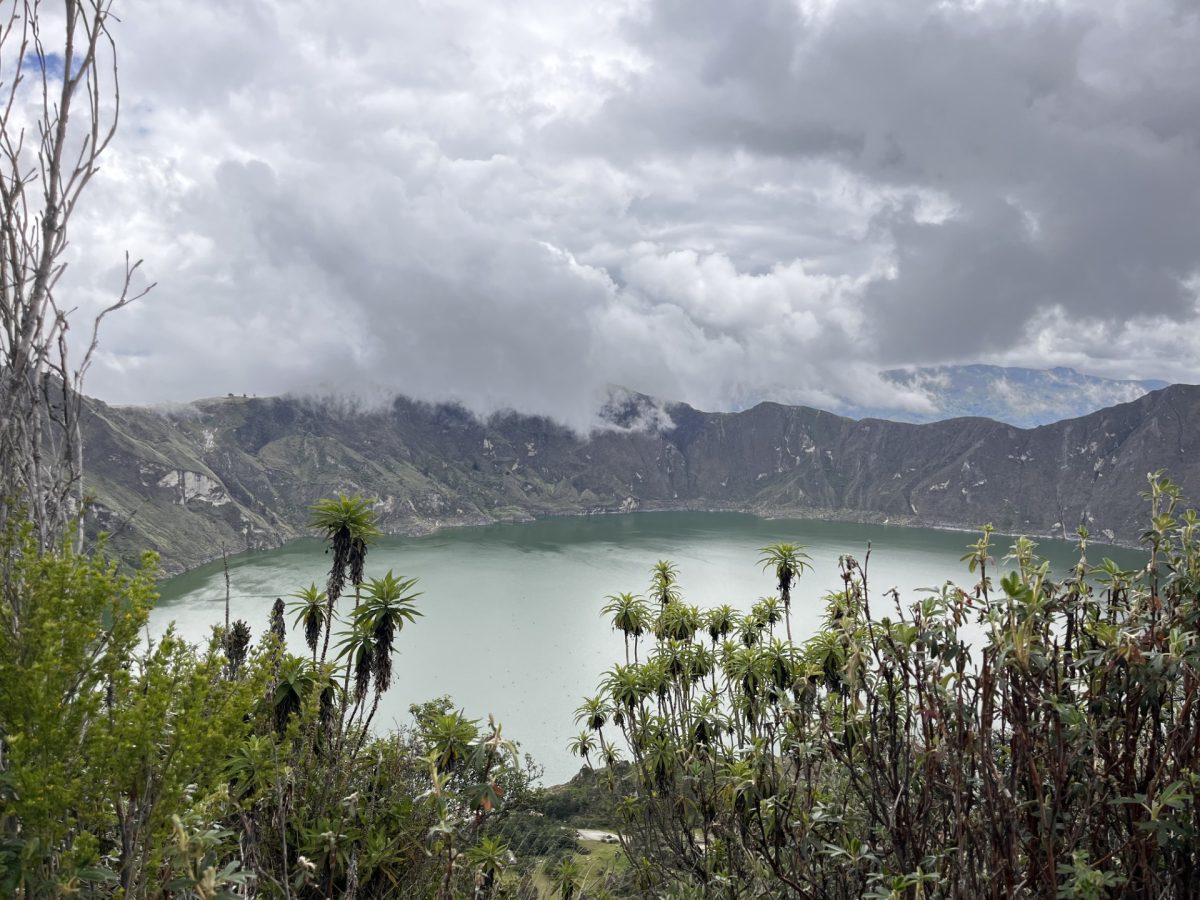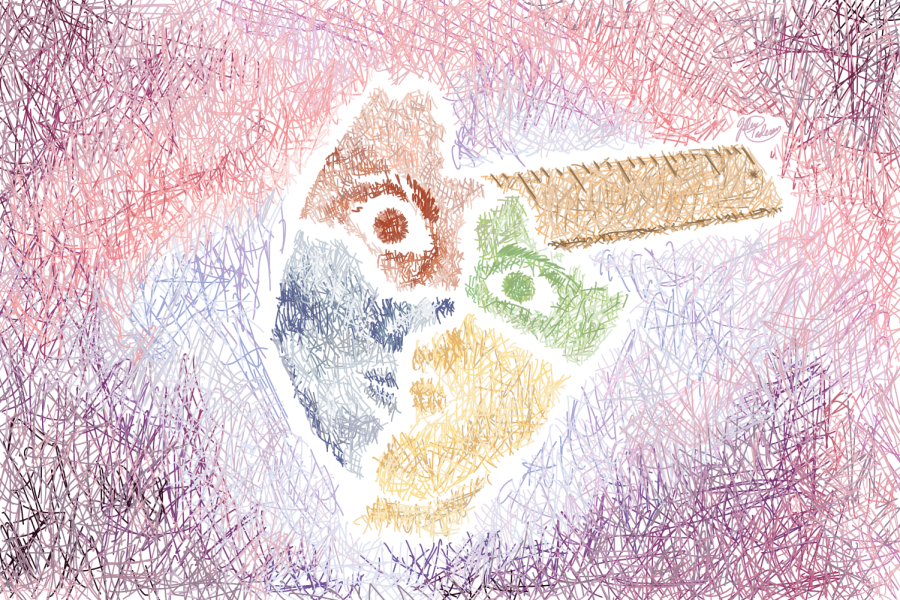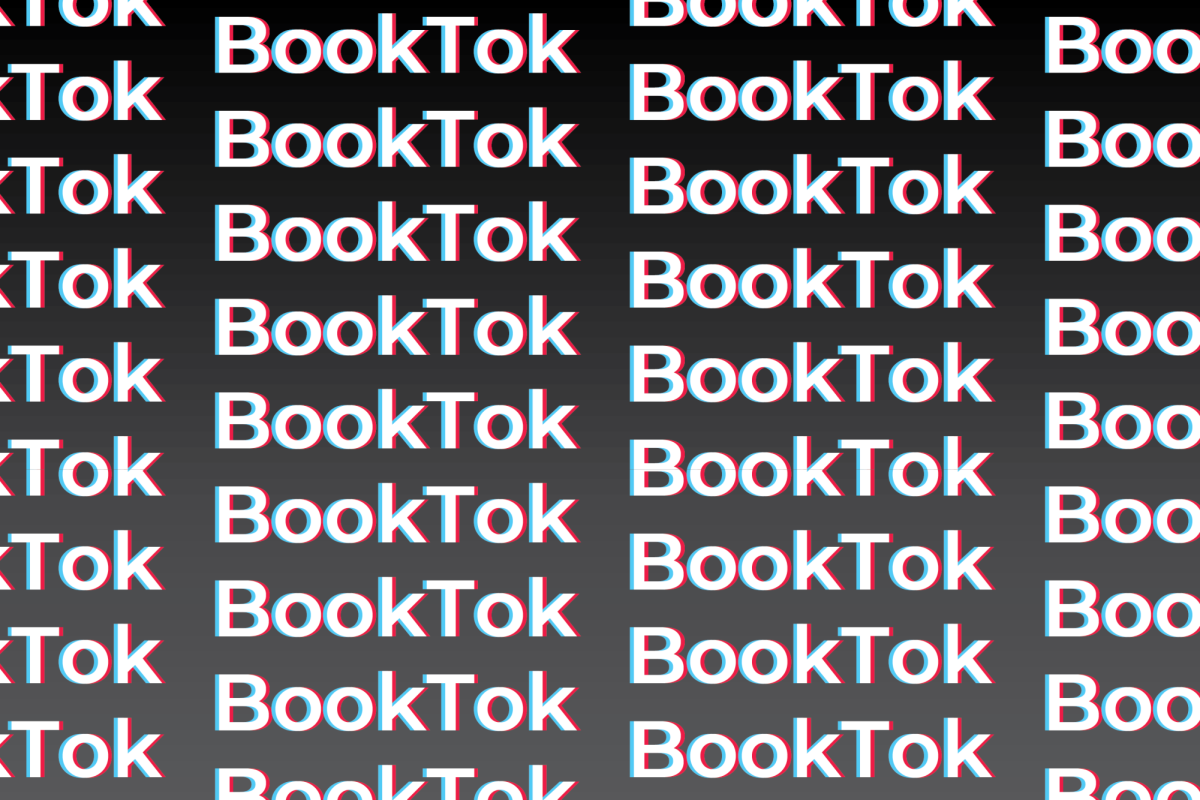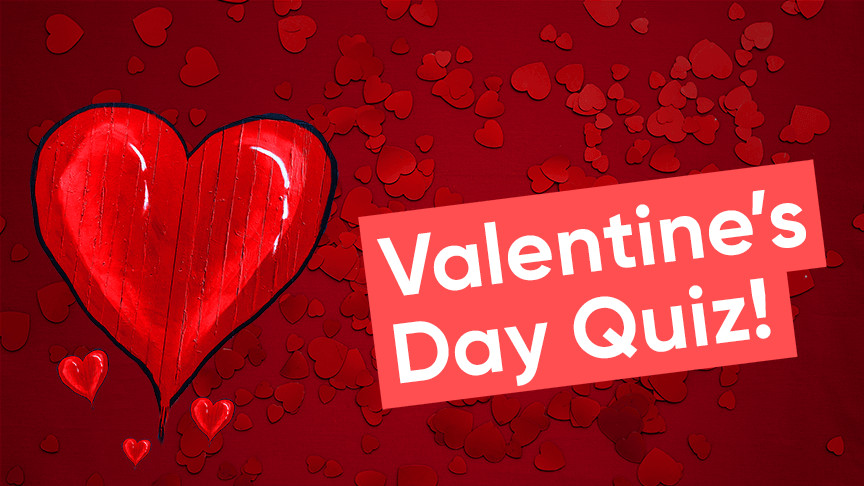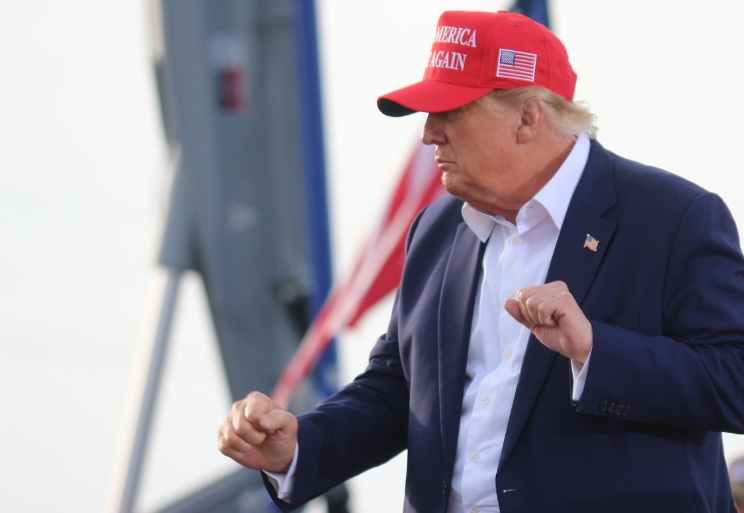On February 6, ex-Fox News host Tucker Carlson announced his plans to interview Russian president Vladimir Putin. Before the interview was even released, controversy struck. Everyone from Russian journalists to late night host Jimmy Kimmel and 2016 presidential candidate Hillary Clinton panned the decision, pointing out that Carlson’s previous pro-Putin statements almost guaranteed this interview would unquestioningly provide a platform for the dictator.
I won’t mince words: Carlson is a propagandist who will push any crackpot conservative theory as long as it tows the Republican party line. He propagated former president Donald Trump’s claims about the 2020 election for years despite knowing they were bogus, has a history of pushing “white genocide” – the idea that liberals are purposefully importing minorities into the country in order to put an end to the white race and retain political power – and he repeated lies that the U.S. funds biological weapons research in Ukraine.
At first glance, this interview is unlike those previous bold-faced fabrications, which is precisely why it’s so insidious. In his typical faux-populist fashion, Carlson presents himself as a free speech warrior simply hearing Putin out where the corrupt mainstream media won’t. The Kremlin’s own spokesman, Dmitry Peskov, disproved this narrative by pointing out that numerous Western outlets have requested interviews with Putin in the past two years and that Carlson was chosen for one because “he has a position that differs from traditional Anglo-Saxon media.” In other words, he was selected because the Russian government knew he was sympathetic to their cause and wouldn’t ask any tough questions.
The interview we got on February 8 is a laughable two hour-long slog. Putin wastes the first half hour on a rambling pseudo-history of Russia and Ukraine from the 9th century onward while Carlson sits there absent-mindedly, seemingly oblivious to anything Putin is talking about and presumably desperate for him to bemoan American foreign policy. Once his spiel is over, the next hour and a half is spent reiterating tired Kremlin talking points about “denazifying” Ukraine, “protecting Russian speakers” in eastern Ukraine, and how the Russian invasions of 2014 and 2022 were “defensive measures.” Carlson doesn’t ask a single question about crackdowns on free speech within Russia, Putin’s history of assassinating opponents, or the rape, torture, child abductions, civilian massacres, and other war crimes carried out by Russian soldiers in Ukraine. He almost never pushes back against Putin’s constant lies throughout their entire discussion, save for the very end when he questions the leader on Evan Gershkovich – an American journalist covering Russia for the Wall Street Journal who was arrested last year by the nation’s police on dubious espionage claims – and lightly scrutinizes Putin’s claim that the reporter is a spy for American intelligence agencies.
Those who predicted this interview would be, for all intents and purposes, unencumbered Russian propaganda were correct. Ironically, in pursuing his supposed goal of neutrality and hearing out all sides, Carlson was able to inject Western media with more Kremlin prevarications than the Russian government has in the 33 years since the collapse of the Soviet Union. At the same time, he exposed the damage such impersonal reporting can have on our society.
Neutrality has long been hailed as the prime virtue of good reporting, but its reign may be over. Our media landscape is unrecognizable from that of 20, even 10 years ago. Although the internet has led to an explosion of independent voices and the fastest rate of communication in human history, it has also resulted in money flowing away from quality journalism, the decline of local news, and the mass proliferation of falsehoods and lies – an especially prominent point in the context of Carlson’s interview with Putin considering the vast network of Russian propaganda across the internet. Furthermore, our world’s political situation has changed throughout the same time frame. Democracy is in decline, nationalism is on the rise, nativism is back with a vengeance, and queerphobia has ballooned. In such an environment, values even more fundamental than neutrality must take priority: truth and tolerance.
More than ever, we should strive for our news to not only tell the truth, but to embarrass charlatans and actively fight bigotry, lies, and despotism. Journalists must be actively engaged in shaping the narratives they wish to tell instead of necessarily presenting all sides of an issue and calling it a day. After all, that’s basically what Carlson did throughout his interview with Putin, and the results were disastrous. This strain of uncaring neutrality has no place in our media.






